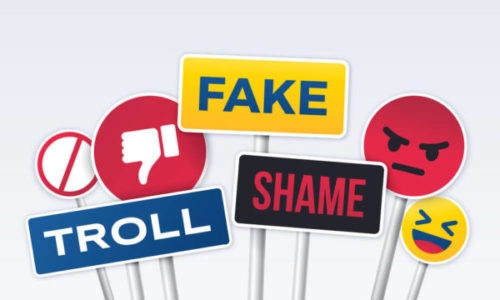For a post on April Fools’ Day (but not an April Fools’ Day post), I wanted to touch on the sense many people have that social media is bad for activism. When I try to put this idea in its most plausible form, I come up with the claim that social media erodes trust. Whether it also does other things, its erosion of trust stands out as key.
Let’s roll with that and see where it takes us.
Trust and Activism
First, trust is central to political movements of any kind. Starting a group – putting people together for a common purpose – requires establishing a few things among group members. Each person needs to know that everyone will participate, do their part, and back one another up.
Trying to start a union (or tenants union)? Trying to organize a strike (or rent strike)? Organizing a demonstration in front of city hall? Starting a mutual aid project? Each of these things works much more effectively when the people involved trust one another.
Social Media and Trust
Here’s what social media does to all that: it pulls people out of the context in which they build trust. People build trust in a common space where they can get to know one another, take one another’s feelings into account, and hold one another accountable (in a friendly and collegial way). Usually this means they sit across a table from one another in the same physical space. But they might recreate this with video chats.
By contrast, social media puts people into contact with one another who might not know the other’s story and might not even be able to see the other. It’s hard to build trust in this situation, and it’s almost impossible to create systems of accountability without misunderstanding, hard feelings, and, ultimately, anger and resentment.
And then social media bestows the most ‘likes’ and thereby attention on the people who do the best job grandstanding or virtue signaling. If this wasn’t enough, social media then rewards people who make their point in the least careful, loudest way.
That’s not a recipe for building trust.
